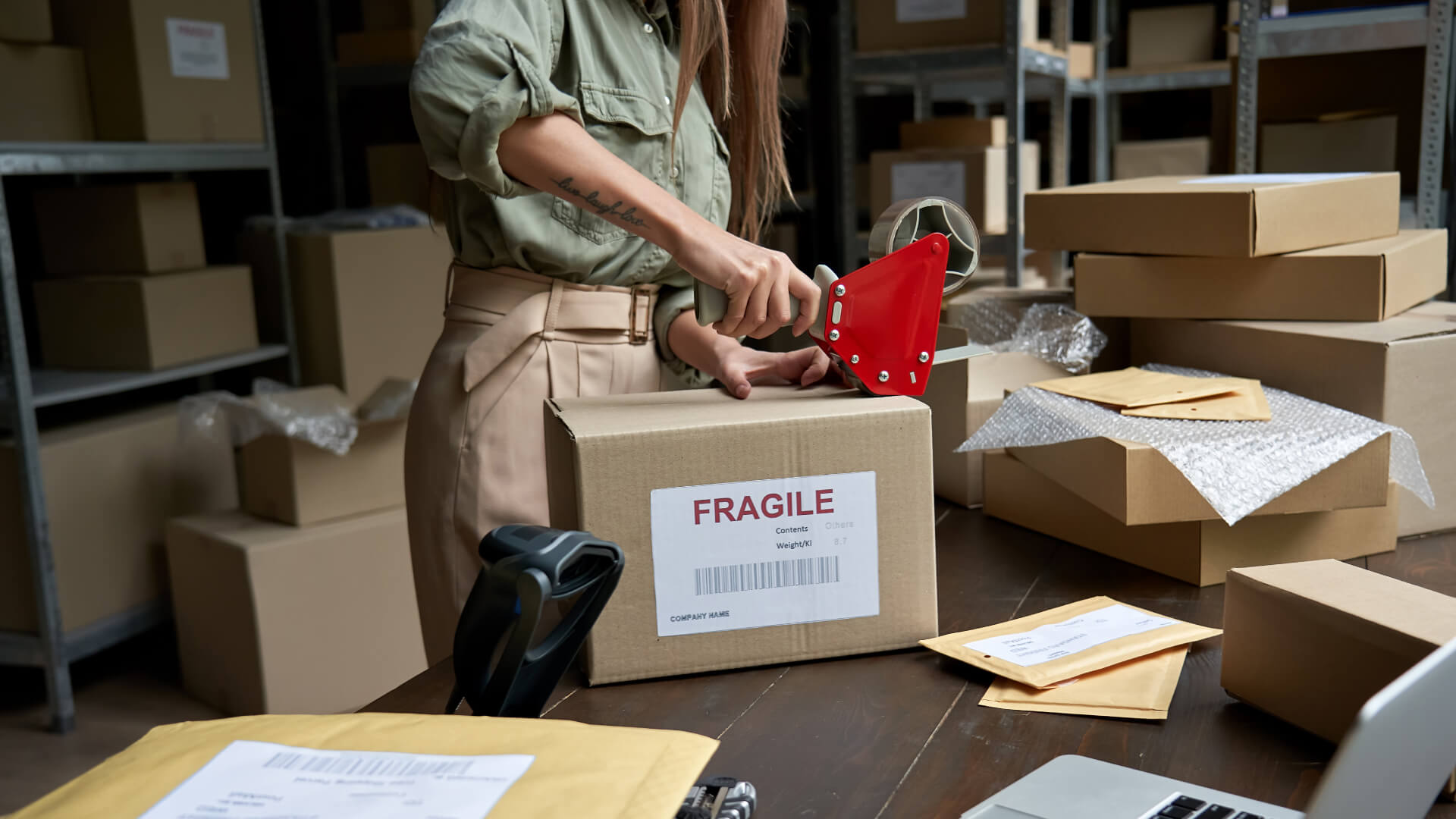Although the pandemic brought many challenges, one unexpected upside was the growth of online shopping. Although retail giants such as Amazon and Ebay had already been seeing increasing profits for years, this shift in the global perspective saw shoppers looking at e-commerce in a whole new light.
For the first time, people were buying almost everything online. And they loved it! So much so that many have stuck with online shopping, even now the world has opened up again. But just as one disaster fades away, another is looming around the corner — and experts are predicting that inflation could have a devastating impact on ecommerce across the country.
With less money to spend, you see, shoppers are likely to make more budget-conscious decisions — which often means choosing low-budget, mass produced items, or cutting them out altogether. As a result, small businesses stocking handmade, artisan items — or stores selling high-end brands — might see their profits start to fall. At the same time, inflated prices and supply chain issues will pose further challenges to those trying to weather the storm.
But there is some light at the end of the tunnel. According to the experts, consumers following recent lifestyle trends such as holistic health and veganism are unlikely to change their minds just because healthy, plant-based products cost more than they did in the past. And similarly, it will take more than a few extra quid to put off dedicated fans of a particular brand. So for those businesses that have already built up a loyal customer base, there’s no need to panic just yet.
It’s also a good time to focus on customer service, too. With the cost of acquisition rising, companies are realizing the importance of retention — and pondering what they can do to make shoppers return time and time again. Research suggests that a smooth, pleasant customer experience is one of the main factors that affects return custom, so small businesses should make sure that there are no snags along the way. And just in case there are, they’ll want a robust customer service department to deal with any complaints in the swiftest way possible.
Finally, another way that SMEs can survive the financial difficulties to come is to remain adaptable to all scenarios. Fortunately, it’s a lesson that many already learned during the pandemic, adjusting their product range, marketing plans, and purchasing options to suit a rapidly transforming world. Now, experts recommend that businesses look back on what those years have taught them, adapting their knowledge to cope with the new challenges that the next few years will inevitably bring.








Leave a Comment